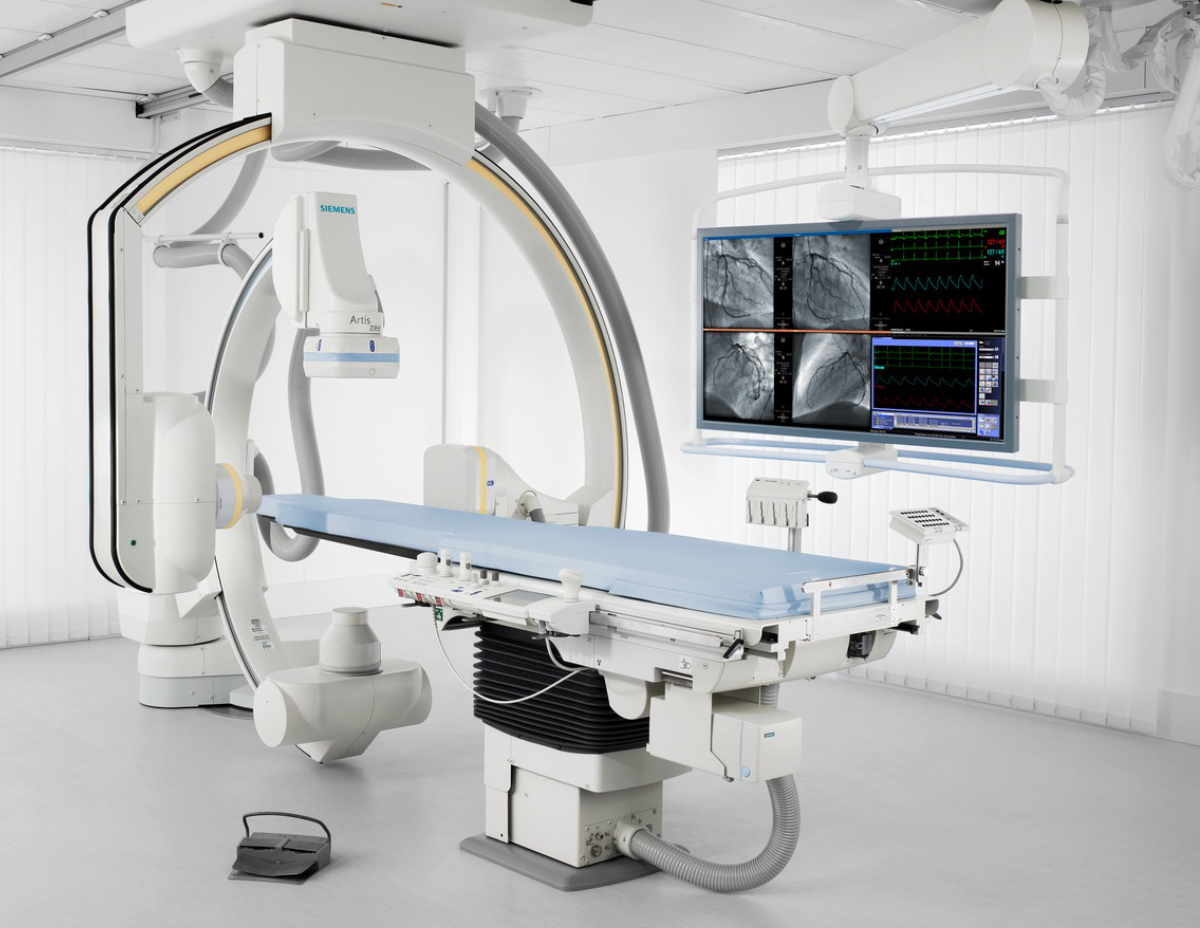
Vascular disease is a class of diseases of the blood vessels – the arteries and veins of the circulatory system of the body. Disorders in vast network of blood vessels, can cause a range of health problems which can be severe or prove fatal.
Cardiovascular diseases are the leading cause of death globally: more people die annually from CVDs than from any other cause. They cover a broad group of medical problems that affect the circulatory system (the heart, blood vessels and arteries), often resulting from atherosclerosis — the abnormal build-up of plaque that is made of, among others, cholesterol or fatty substances — that is deposited on the inside walls of a person’s arteries. Some of the most common diseases that affect the circulatory system include ischaemic heart disease (heart attacks) and cerebrovascular diseases (strokes). An estimated 17.7 million people died from CVDs in 2015, representing 31% of all global deaths. Of these deaths, an estimated 7.4 million were due to coronary heart disease and 6.7 million were due to stroke.
Endovascular surgery is an innovative, less invasive procedure used to treat blood vessels deases. In the past, these conditions was treated by open surgery and needed a long recovery period. An alternative to open surgery, endovascular surgery offers many advantages, including a shorter recovery period, local or regional anesthesia instead of general anesthesia, smaller incisions, less stress on the heart and fewer risks for patients with other medical conditions.
Depending on location of vascular lesion Endovascular surgery is divided into coronary and peripheral interventions and performed by radiologists, neurosurgeons, cardiologists, and vascular surgeons. Rumidimur DMCC Endovascular Surgery portfolio includes medical devices for coronary and peripheral interventions.
